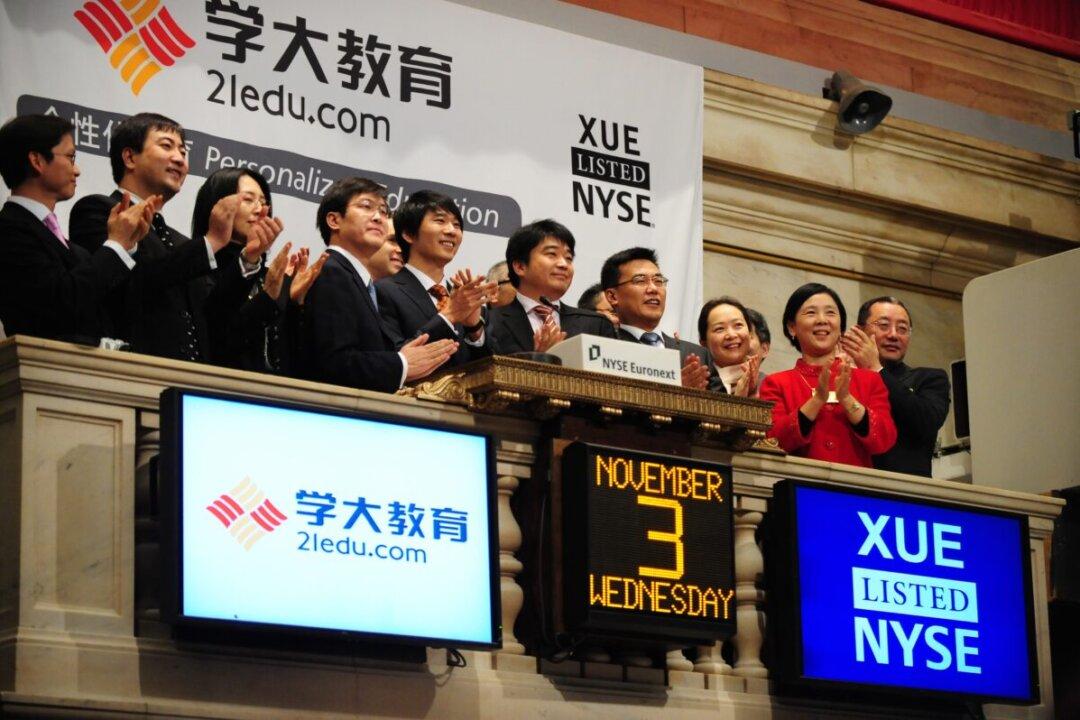News Analysis
New Oriental, a tutoring company that struggled for survival after the Chinese communist regime imposed an ever-harsher crackdown on the off-campus tutoring sector, is seeking a way out from bilingual livestream e-commerce.

New Oriental, a tutoring company that struggled for survival after the Chinese communist regime imposed an ever-harsher crackdown on the off-campus tutoring sector, is seeking a way out from bilingual livestream e-commerce.